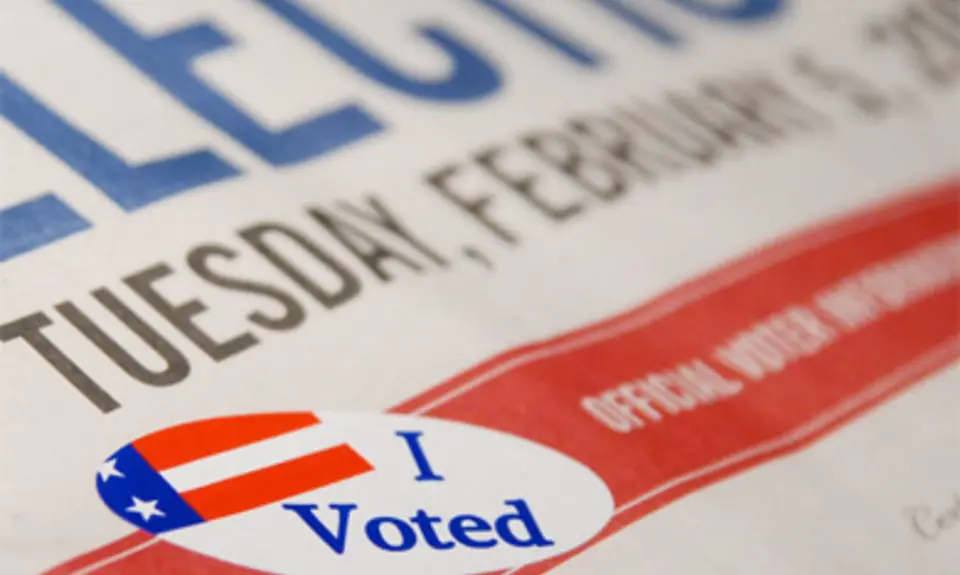The New York Times and NPR recently shared somewhat different takes on where voting rights stand now and what the picture might look like come Election Day 2014.
It is true, as suggested by The Times:
Pivotal swing states under Republican control are embracing . . . bills, laws and administrative rules — some of them tried before — [that] shake up fundamental components of state election systems, including the days and times polls are open and the locations where people vote.
It's also true, as quoted by NPR from its interview with the Brennan Center's Myrna Pérez:
We've seen a lot of real momentum in 2014, thus far, towards improving our elections both at the states and nationally[.]
PFAW thought it would be good to take a step back and look at what has gone right at the state level in 2014 – and why we can and should keep fighting the challenges that lay before us.
Florida has an especially troublesome history with voter purges, but now the trouble is headed back toward the chief architects. On April 1, the United States Court of Appeals for the Eleventh Circuit found that Gov. Rick Scott’s voter purge of suspected non-citizens in 2012 violated the National Voter Registration Act (NVRA), because systematic removal programs are barred within 90 days of a federal election. This came just days after Secretary of State Ken Detzner did an about-face and called off his 2014 plans.
In the final hours of its legislative session, thanks to a flaw in the bill language, Georgia looked poised to take the early voting days for municipal elections down to ZERO. Because staunch advocates like the League of Women Voters closely monitored the bill and sprang into action when that fatal flaw was discovered, the session adjourned on March 20 with early voting intact. As the League's Kelli Persons noted:
The message here is that it's very important . . . to pay attention to what's happening at the local level[.]
Even in North Carolina, where the Moral Mondays movement began and challenges to voting reach far and wide, there's been a victory of sorts. On March 27, US Magistrate Judge Joi Elizabeth Peake ruled that lawmakers must release correspondence related to the formation of the state's new voter ID law, saying that though some records might be shielded, many are considered public. We need transparency as this case moves forward.
There is much more work to be done to enact needed reforms and to step up and counter threats when the right to vote is under attack – but we can win, and let's not forget that.
